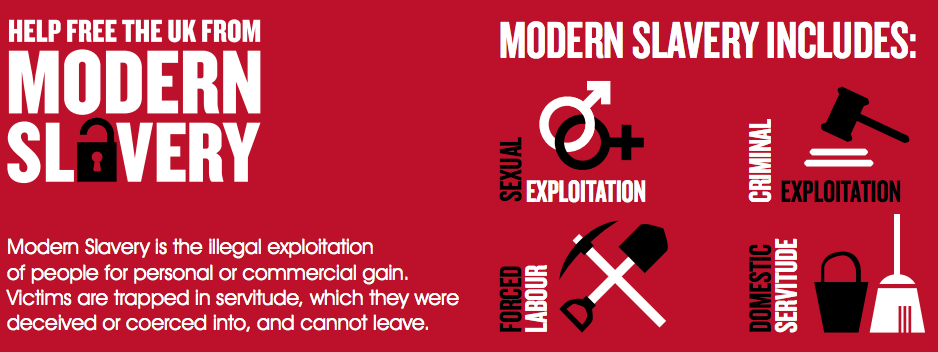With a Modern Slavery Act soon to be introduced in Australia, the Australian Retailers Association is advocating for flexible reporting requirements, writes executive director Russell Zimmerman.
According to the 2016 Global Slavery Index, 40.3 million people are currently in modern slavery through various forms of indentured labour. Due to this report, the Australian Retailers Association (ARA) consulted our members and retailers provided constructive feedback. They told us they were endeavouring to do the right thing within their supply chains to ensure clothing, food and electronics were being produced under acceptable standards.
This member consultation followed the Joint Standing Committee on Foreign Affairs, Defence and Trade inquiry into establishing a Modern Slavery Act in Australia and the then Attorney-General, George Brandis, announcing the government would pursue legislation similar to that of the United Kingdom. Since then, the ARA has worked with the Attorney-General’s Department on the modern slavery reporting requirements.
The ARA has met with both the Federal Government and Opposition around reporting requirements for retail businesses and has supported the approach that organisations with turnover exceeding $100 million annually should be covered by reporting requirements. Under this approach businesses would be required to investigate their supply chains and report on their efforts to stamp out instances of modern slavery or indentured labour.

The government is pursuing modern slavery legislation similar to that of the United Kingdom.
Race to the top
In late 2017, the ARA pulled together major retailers for multiple consultations and briefings. Our members were supportive of the introduction of a Modern Slavery Act and a reporting requirement, as this was something many were already doing to assure customers of the integrity of their supply chains.
As many Australian retailers already apply an ethical sourcing audit program to ensure any unethical procedures are reported, the ARA has cautioned against imposing strict reporting requirements. The ARA believes any new regulation should be flexible to encourage best practice across the industry, as ARA members have said they feel anti-slavery reporting should be encouraged rather than compelled.
The ARA and industry stakeholders believe mandatory regimes do not encourage compliance, but mandate organisations to meet a minimum reporting threshold. A market-based, competitive model would serve as a better way to encourage transparent and detailed slavery reporting, with companies encouraged to report and be publicly acknowledged for doing so. Retailers have said they believe a competitive, market-based approach to investigating and stopping modern slavery will produce better results, encouraging a ‘race-to-the-top’ mentality.
The ARA is happy to facilitate further discussions with our members and the overall retail industry to mitigate the risk of unethical practices occurring in supply chains. If a Modern Slavery Act were to be introduced in Australia, the ARA would be supportive of an appropriately drafted measure, which takes into account the current actions of retailers and ensures any new measures in the Act are reasonable.
With the draft modern slavery legislation to be introduced in the next financial year, the ARA would like to understand the financial impact of the extensive auditing that would be required to satisfy the reporting obligations. The ARA would also like to see further clarity for retailers and other organisations, including for concession retailers and resellers in marketplaces.
The ARA will continue to passionately work on the modern slavery requirements moving forward, by working with the parliament and the new Department of Home Affairs, while continuing to host a series of roundtable discussions with retailers, universities and key stakeholders.
Russell Zimmerman is the executive director of the Australian Retailers Association.
Sign up to the RetailBiz newsletter.

